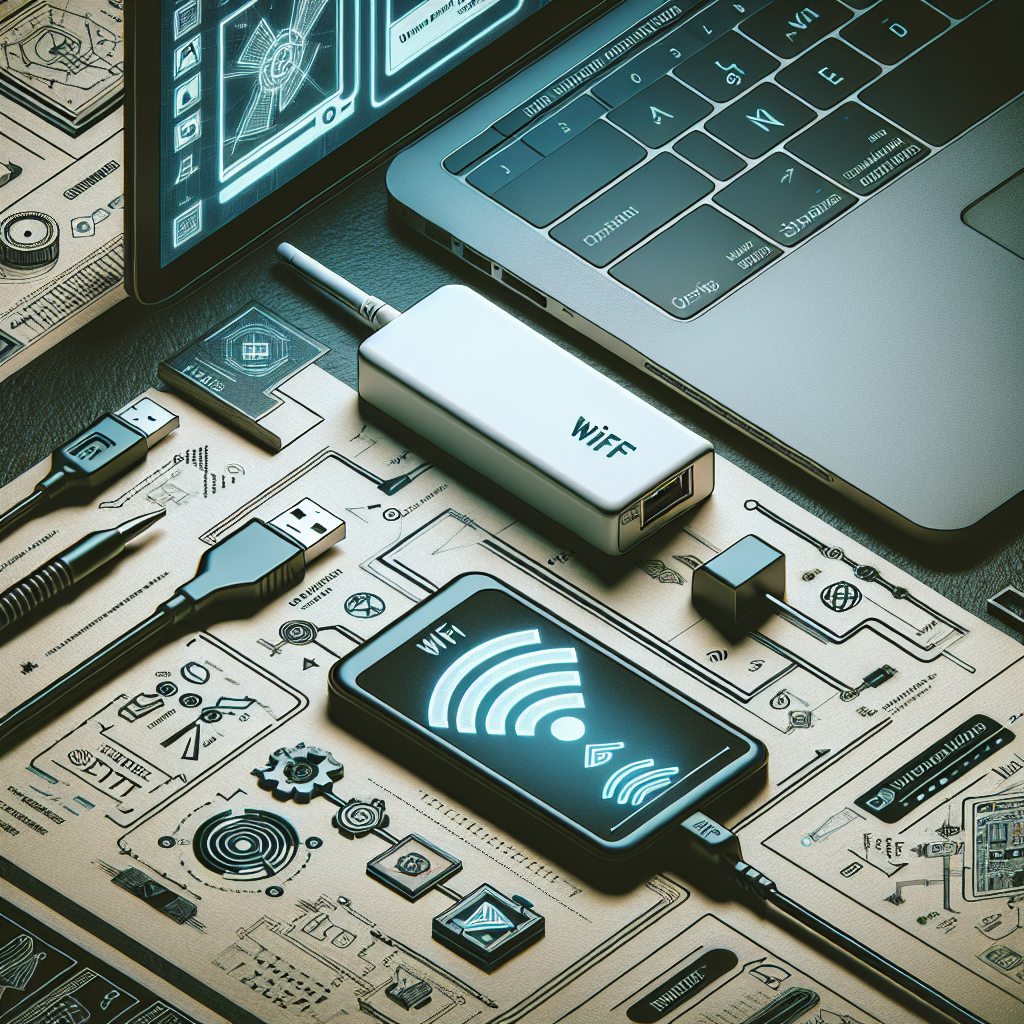Introduction
Ensuring that your WiFi adapter is compatible with your laptop is essential for seamless internet connectivity. Whether you’re looking to upgrade your current setup or dealing with connectivity issues, understanding compatibility is key. In this guide, we will walk you through the necessary steps to determine if a WiFi adapter is compatible with your laptop.
Table of Contents
- Check Laptop Specifications
- Operating System Compatibility
- WiFi Adapter Specifications
- BIOS Settings
- Driver Availability
- Physical Fit
- Brand Compatibility
- Troubleshooting Tips
Check Laptop Specifications
The first step in determining compatibility is reviewing your laptop’s specifications. You can usually find these details in the user manual or on the manufacturer’s website.
| Specification | Details |
|---|---|
| Processor | Intel Core i5, AMD Ryzen 5, etc. |
| RAM | 8GB, 16GB, etc. |
| Operating System | Windows 10, macOS, Linux, etc. |
| Expansion Slots | USB, PCIe, M.2, etc. |
Operating System Compatibility
Make sure that the WiFi adapter is compatible with the operating system you are using. Some adapters are designed specifically for Windows, while others may support a range of OS like macOS and Linux.
WiFi Adapter Specifications
Review the specifications of the WiFi adapter. Check for essential features like the supported WiFi standards (802.11ac, 802.11ax), frequency bands (2.4GHz, 5GHz), and data transfer rates. Also, evaluate additional features like MU-MIMO technology, beamforming, and security protocols.
Supported WiFi Standards
- 802.11b
- 802.11g
- 802.11n
- 802.11ac
- 802.11ax
Frequency Bands
- 2.4GHz
- 5GHz
BIOS Settings
Sometimes, BIOS settings need to be adjusted to allow the laptop to recognize the WiFi adapter. Refer to your laptop’s manual or support website for guidance on accessing and modifying BIOS settings.
Driver Availability
Drivers are crucial for the WiFi adapter to function correctly. Ensure that the WiFi adapter comes with drivers compatible with your operating system. Check the manufacturer’s website for the most recent driver updates.
Physical Fit
Physical compatibility is another crucial aspect. The adapter must fit into your laptop’s available slots (e.g., USB, PCIe, M.2). Measure and confirm that the adapter dimensions match the available space in your laptop.
Brand Compatibility
Some laptop manufacturers recommend certain brands for compatibility reasons. Using an adapter from the recommended brands can minimize issues and provide better customer support.
Troubleshooting Tips
If you encounter any issues after installing the WiFi adapter, follow these troubleshooting tips:
- Restart your laptop
- Ensure drivers are up-to-date
- Check BIOS settings
- Test the adapter on another device
- Reinstall the adapter software
Conclusion
By following these steps, you can ensure that your WiFi adapter is compatible with your laptop, providing you with reliable and high-speed internet connectivity. Always refer to the manufacturer’s guidelines for detailed instructions and technical support.

